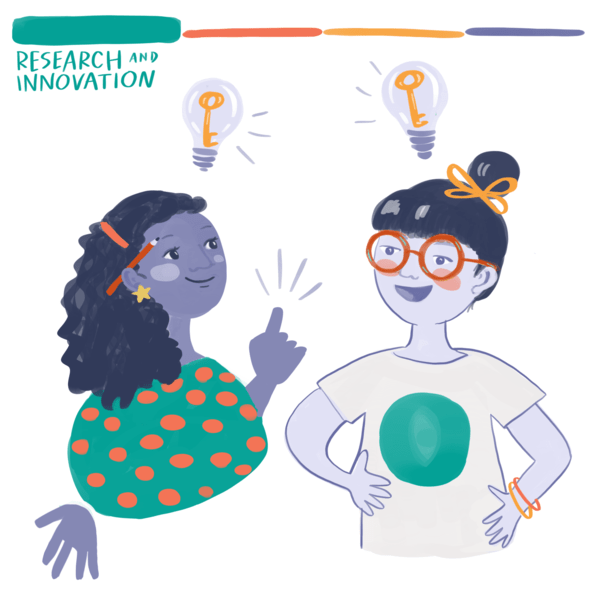
Justice is hardwired into research & innovation projects on urban sustainability
#ResearchAndInnovation
EU research agendas are steered to investigate how cities can achieve social and environmental sustainability in a just, inclusive and equitable way. Research stems from the concerns and needs of inhabitants in urban contexts and does not impose concepts, practices or blueprints. EU-funded projects aimed at improving urban planning in the field of sustainability have clear justice incentives, address the needs of vulnerable groups and include their voices in the research process, as well as its outcomes and impacts.
Inspirational example
Research supports intersectionality, Barcelona
In Barcelona, the City Council has initiated an effort to address the question of civil participation and intersectional inequities in urban planning by awarding a prize to research projects with a community and ecofeminist perspective.
In 2019, this award went to a project with the title “Network of climate and care shelters from a community and ecofeminist perspective,” which co-designs urban climate shelters in under-served neighborhoods, actively involving immigrant women residents. By recognizing the value of intersectional projects with a gender perspective and women acting as change-makers, Barcelona is exemplifying one way through which research can support sustainable and just urbanism. In Barcelona, this research is part of a wider effort to tackle the climate emergency – while leading with an ecofeminist focus.
A video that summarizes this initiative is available here.
Avenues for action
You might be wondering, what everyday actions can I take to put all this theory into practice? Take a look at the avenues for action, below, for some practical guidance.

